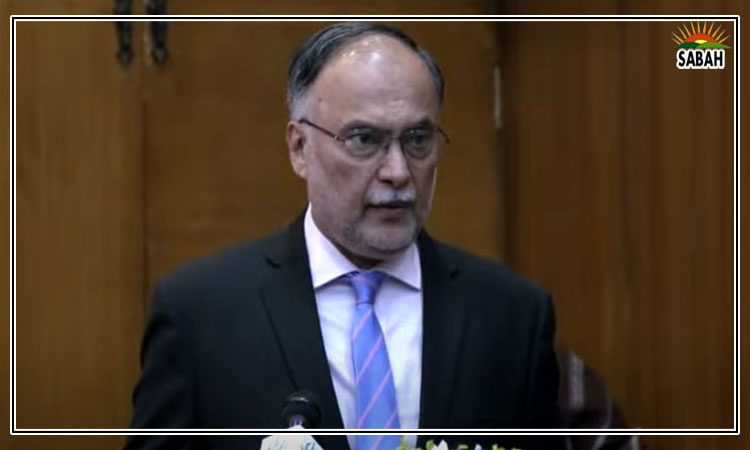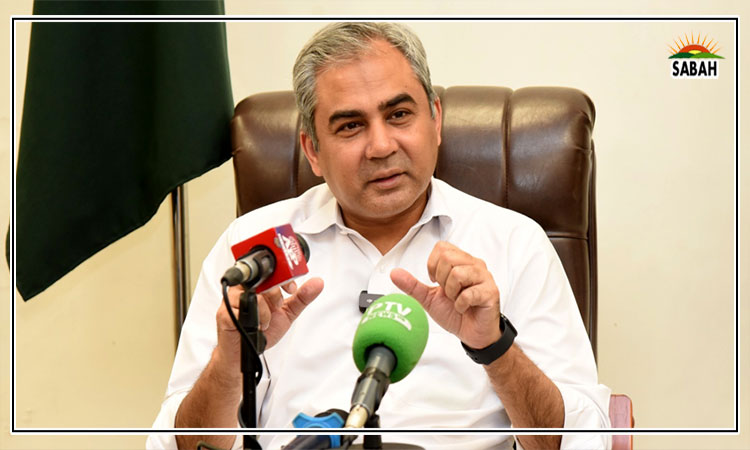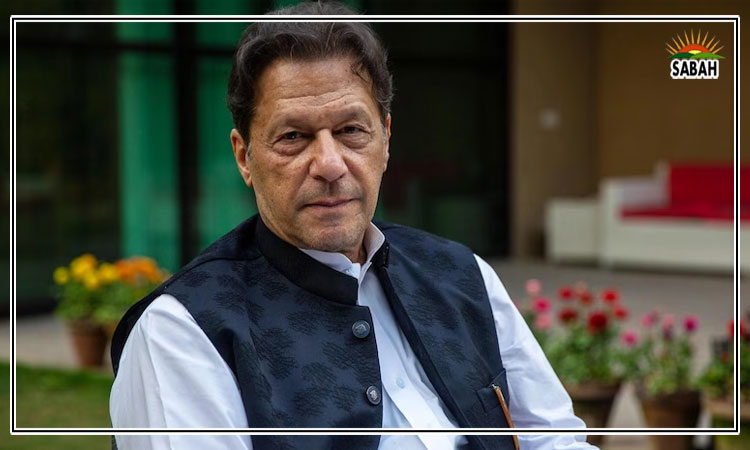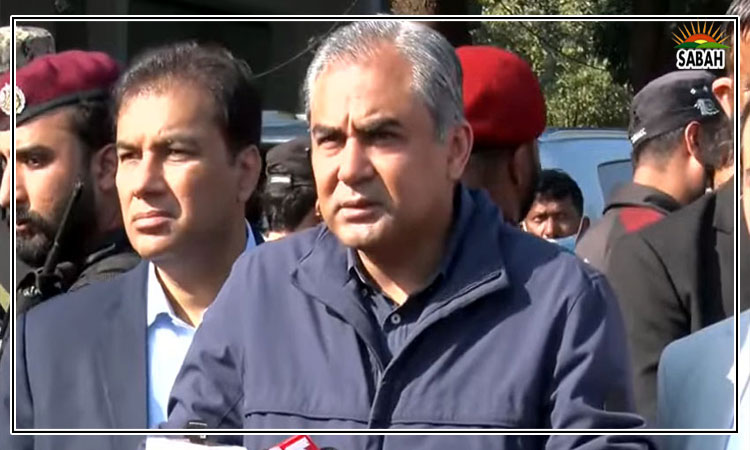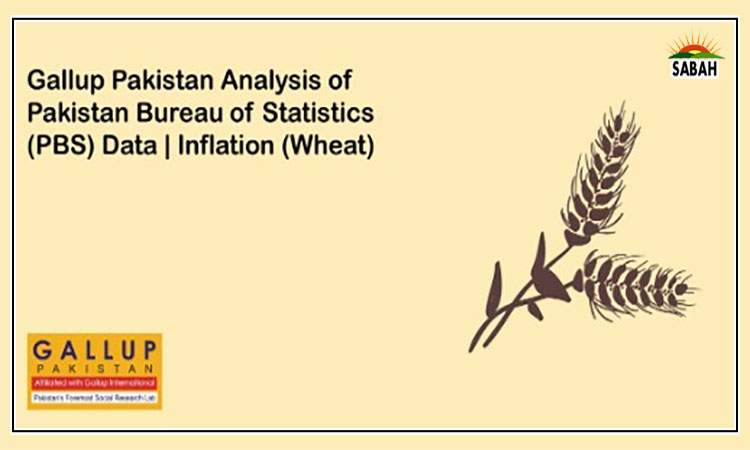In November 2023, Islamabad had the highest price for a 20kg bag of wheat, & Sukkur had the lowest: Gallup Pakistan
ISLAMABAD, Dec 27 (SABAH): A recent comprehensive analysis conducted by Gallup Pakistan on the Price Indices data provided by the Pakistan Bureau of Statistics (PBS) has unveiled that in November 2023, Islamabad had the highest price for a 20kg bag of wheat, and Sukkur had the lowest.
Bilal I. Gilani, Executive Director Gallup Pakistan adds “Gallup Pakistan’s Digital Analytics team is working on analyzing the Consumer Price Index and its sub-component Sensitive Price Index. As part of this analysis here, we look at three main things: How prices of 51 products that comprise SPI vary within the 17 cities from which data is gathered. Secondly, which cities tend to have cheapest rates, and thirdly, how over the past three years (Since Feb 2020), the rates have changed for each of these 17 cities. We feel that greater and deeper understanding of inflation and how it is felt by the poor will lead to better policy making to address the runaway inflation faced by Pakistan and with no end in sight.
The analysis unveiled noteworthy trends in the monthly average prices of essential items within Pakistan. The analysis, covering the period from February 2020 to November 2023, is looking into the price volatility of the 51 essential commodities, across 17 cities recorded under the SPI. This press release focuses on the price of a 20kg bag of Wheat Flour.
According to the report, in November 2023, the average price for a 20kg bag of Wheat Flour was recorded to be Rs. 2787.37. Across the 17 cities for which data is available, the highest price was recorded in
Islamabad at Rs. 2897.36, and the lowest price recorded was Rs. 2651.19 in Sukkur
From the 17 cities, price for a 20kg bag of Wheat Flour were recorded to be higher than the average price in Islamabad, Rawalpindi, Hyderabad, Sargodha, Sialkot, Bannu, Khuzdar, Gujranwala, and Peshawar. While prices were lower than the average in Sukkur, Karachi, Larkana, Faisalabad, Multan, Bahawalpur, Quetta and Lahore.
The greatest differences from average price were recorded in Sukkur, at Rs. 136.18 lower than the average, and in Islamabad at Rs. 109.99 greater than the average price. The maximum variation in prices for a 20kg bag of Wheat Flour across the 17 cities was recorded at Rs. 246.17, having varied no more than 4.89% from the average price.
The average price of a 20kg bag of Wheat Flour in February 2020 was recorded to be Rs. 900.82, making the rise in average price amounting to Rs. 2056.26 by November 2023. In terms of increase in price, the greatest increase was recorded in Islamabad at Rs. 2,056.26, while the lowest was recorded at Rs. 1570.05 in Karachi.
In terms of percentage change in price, the average price of a 20kg bag of Wheat Flour increased by 209.43% from February 2020 to November 2023. Among the 17 cities tracked, the greatest increase was recorded in Sargodha at 251.12%, and lowest at 140.79% in
Karachi.
This insightful analysis by Gallup Pakistan provides a comprehensive view of the evolving economic landscape, emphasizing its impact on the cost of living for the citizens of Pakistan.
The firm remains dedicated to delivering data-driven insights that contribute to informed public discourse. The details for the prices of a 20kg bag of Wheat Flour across all 17 cities in February 2020 and November 2023 as recorded the PBS are given in Annexure A on the next page, along with the calculations of change in price, and percentage change in price calculated by the Gallup Pakistan team.
Disclaimer: Gallup Pakistan is not related to Gallup Inc. headquartered in Washington D.C. USA. We require that our surveys be credited fully as Gallup Pakistan (not Gallup or Gallup Poll). We disclaim any responsibility for surveys pertaining to Pakistani public opinion except those carried out by Gallup Pakistan, the Pakistani affiliate of Gallup International Association. For details on Gallup International
Association see website: www.gallup-international.com
Disclaimer: The views and inferences expressed in the article are that of the author himself and Gallup Pakistan does not take any responsibility in this regard. This series, and many such initiatives, are internally funded by Gallup Pakistan and Gilani Research Foundation. No outside country or local funding has been received for this current activity.




